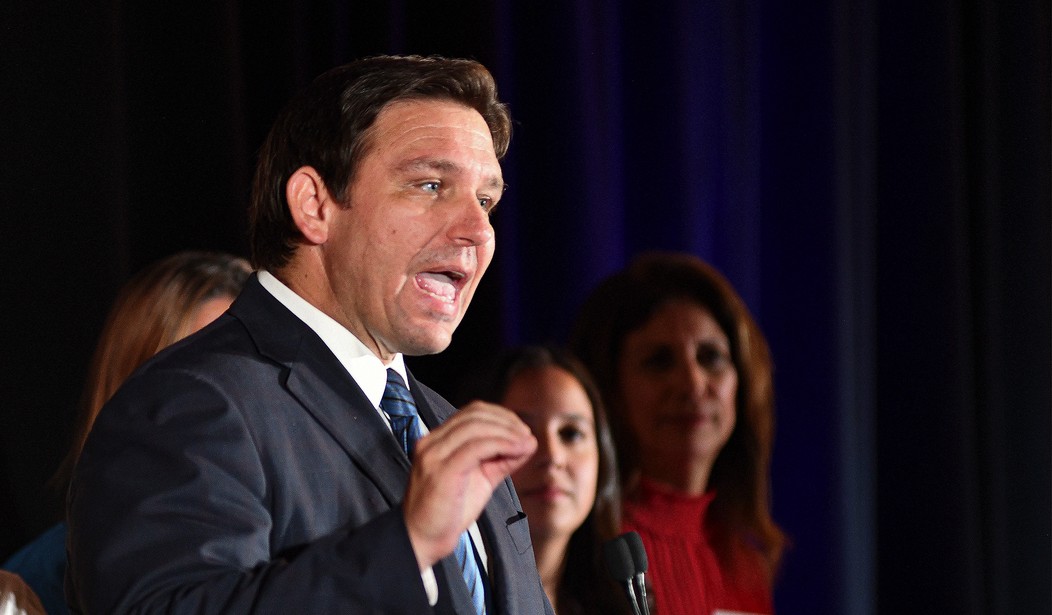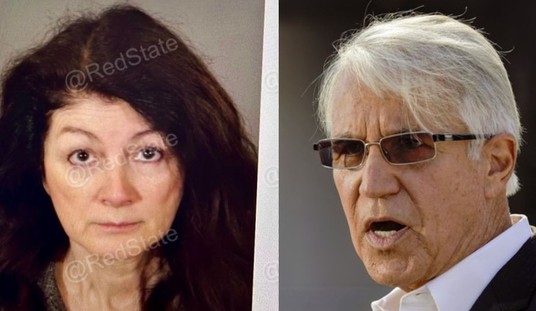College Board, the entity behind Advanced Placement (AP) courses provided in schools around the country, has announced changes to the course framework for its new AP African American Studies (APAAS) course.
Earlier this month, Florida Gov. Ron DeSantis made the move to bar the state of Florida from teaching the course, which was being offered to a handful of schools across the country as a sort of trial run. The course would be offered to roughly 60 schools this school year, expanded to almost double that next school year, and then made available to all schools the following year.
But DeSantis claimed the course, which referenced several writers tied to the Critical Race Theory movement in education as the sources for some of the course’s required reading.
An early draft of the course framework showed that the first three units of the course were focused primarily on the history of African-Americans in the United States and their cultural movements. The fourth and final unit focused on modern-day black movements and sociological studies of niche studies of Black academic thought and theory.
But, as the New York Times is reporting today, the course framework has undergone serious overhaul since the controversy began.
The College Board purged the names of many Black writers and scholars associated with critical race theory, the queer experience and Black feminism. It ushered out some politically fraught topics, like Black Lives Matter, from the formal curriculum.
And it added something new: “Black conservatism” is now offered as an idea for a research project.
When it announced the A.P. course in August, the College Board clearly believed it was providing a class whose time had come, and it was celebrated by eminent scholars like Henry Louis Gates Jr. of Harvard as an affirmation of the importance of African American studies. But the course, which is meant to be for all students of diverse backgrounds, quickly ran into a political buzz saw after an early draft leaked to conservative publications like The Florida Standard and National Review.
A full look at the course framework can be found here.
However, while DeSantis and conservatives are being blamed for the overhaul, such a move would not have been made without serious consideration from College Board that the course may have been flawed.
David Coleman, the head of the College Board, said in an interview that the changes were all made for pedagogical reasons, not to bow to political pressure. “At the College Board, we can’t look to statements of political leaders,” he said. The changes, he said, came from “the input of professors” and “longstanding A.P. principles.”
He said that during the initial test of the course this school year, the board received feedback that the secondary, more theoretical sources were “quite dense” and that students connected more with primary sources, which he said have always been the foundation of A.P. courses.
As someone who has taught AP courses, looking at the original framework did show that some of the sources weren’t just offering a CRT perspective, but leaned heavily in one direction and without any alternative viewpoints. What’s more, AP courses are structured to be foundational courses in a content area, helping to transition advanced students to collegiate-level work.
While certainly academically rigorous, APAAS as it was originally designed pedagogically would have led students to conclusions aligned with the source material rather than teach students to think critically for themselves. The overhaul now appears to be more open-ended, allowing students to draw their own conclusions and have a healthy and honest debate on the material rather than be taught that the perspectives offered by Ibram X. Kendi and others were automatically the correct ones.
I, for one, advocate more sociological teaching in the classroom, particularly in AP social sciences courses, but the originally APAAS framework was not the way to go about it. The new framework is structurally and academically honest, and it has the potential to be a very good course for high school students.














Join the conversation as a VIP Member